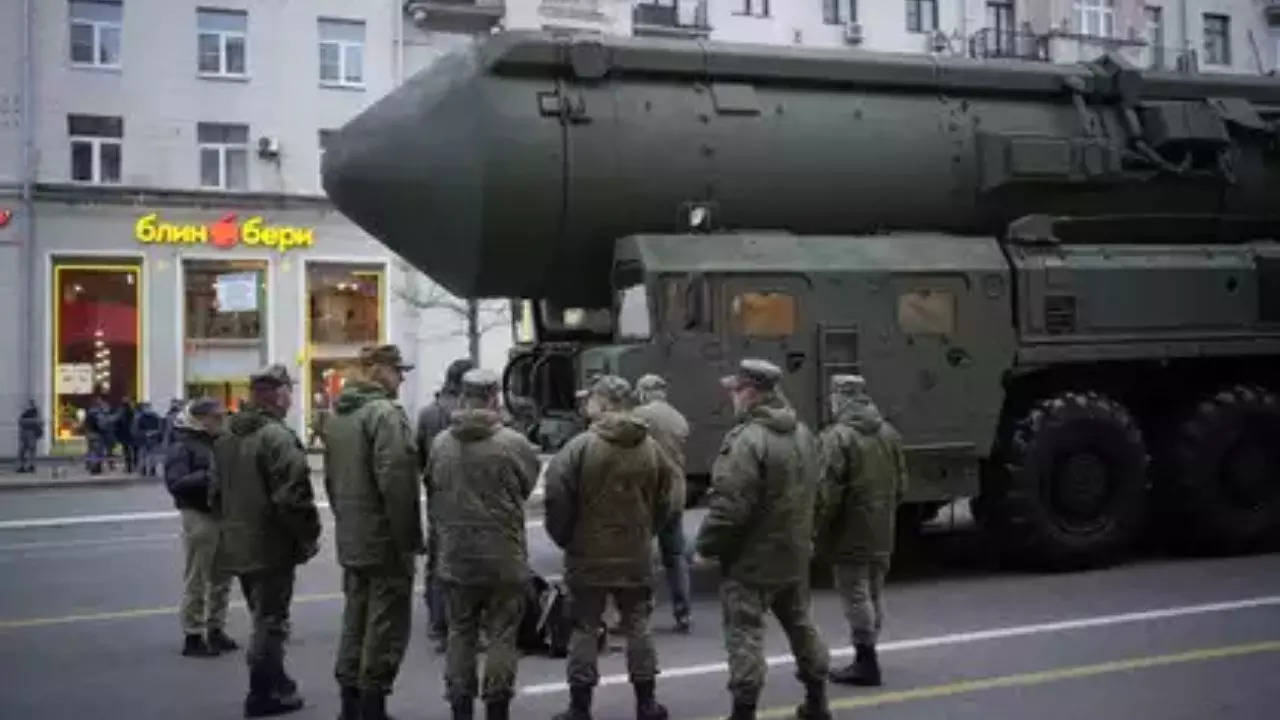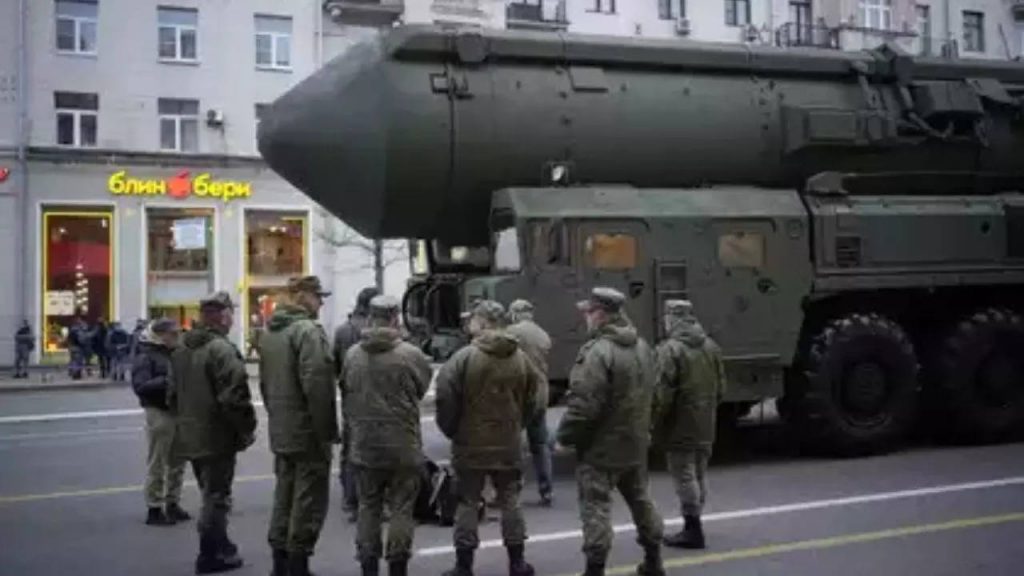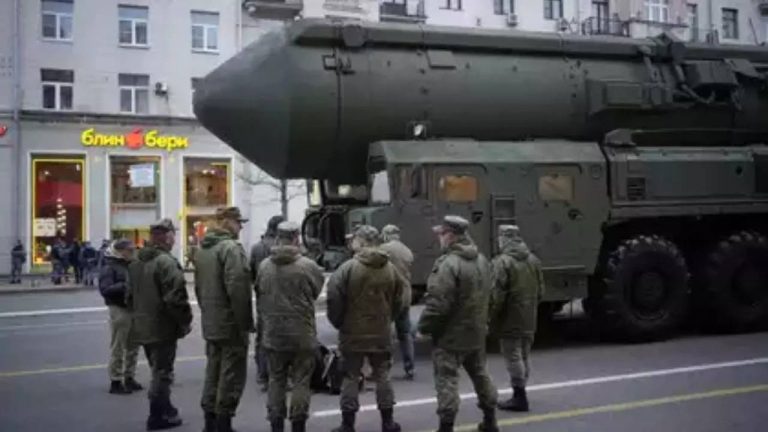After the dissolution of the Soviet Union, Ukraine found itself in possession of a substantial nuclear arsenal. However, financial constraints and geopolitical concerns led Ukraine to voluntarily surrender these nuclear weapons. The Budapest Memorandum of 1994 was supposed to provide security assurances to Ukraine, but these guarantees were called into question when Russia seized Crimea and backed separatist movements within Ukraine. The current conflict between Russia and Ukraine serves as a stark reminder of Ukraine’s vulnerability in the absence of nuclear deterrence. The decision to disarm has left Ukraine exposed to external threats, making the country reliant on international support to safeguard its sovereignty. The events unfolding in Eastern Europe underscore the complex interplay between national security, disarmament, and international relations. As Ukraine grapples with ongoing challenges to its territorial integrity, the debate over the wisdom of relinquishing its nuclear capabilities continues to resonate. The repercussions of Ukraine’s disarmament decision serve as a cautionary tale for other nations contemplating similar actions. In a rapidly evolving global landscape, the case of Ukraine stands as a testament to the enduring importance of strategic foresight and diplomatic engagement in ensuring national security.

Posted in
JUST IN
Ukraine’s decision to give up nuclear weapons backfires amid Russia-Ukraine conflict, exposing security vulnerabilities.
In Trend

“India’s leading e-commerce platform Flipkart partners with Adani Group for logistics expansion”




















